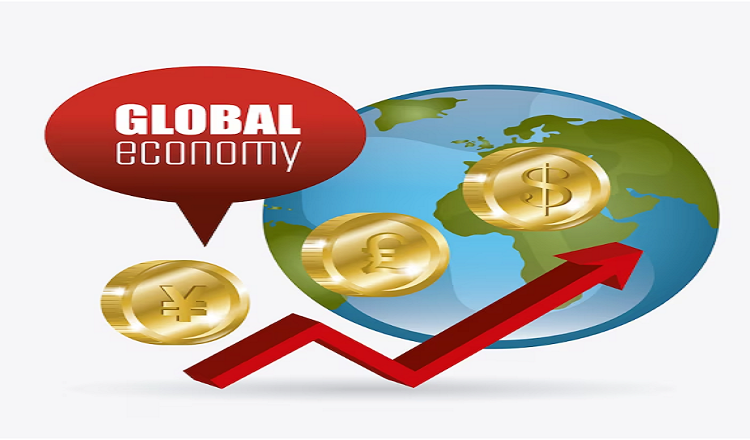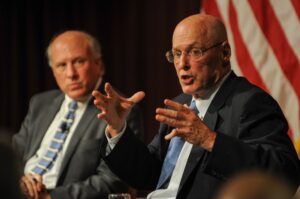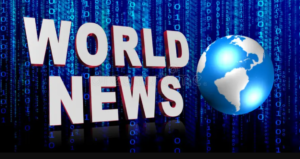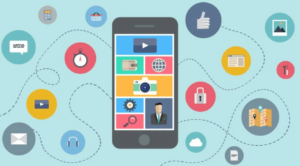How technology is disrupting traditional economic models

Introduction
Traditional economic models that have been in place for decades have been quickly changed by technology in the past few years. From e-commerce to artificial intelligence, new technologies are changing how we do business in a big way. In this article, we look at how technology is changing old economic models and what that means for consumers, businesses, and the economy as a whole.
E-Commerce
E-commerce is one of the most important ways that technology has changed how economies work. With the growth of online markets like Amazon and Alibaba, people no longer have to shop only in stores. Online shopping has changed the retail business because it is easier, cheaper, and gives you access to more goods. Because of this, traditional stores have been finding it hard to compete, which has caused their market share to drop and many stores to close.
How Amazon Grew
Amazon is the best example of how e-commerce is changing business. Amazon started out as an online bookstore in 1994. Since then, it has grown into the biggest online store in the world, with millions of goods in many different categories. Amazon’s success has come from being able to give low prices, fast shipping, and a smooth experience for customers. Because it is so popular, brick-and-mortar stores have had to change by adding online shopping and delivery and pickup services.
Economy of Sharing
The shared economy is another way that technology is changing old ways of doing business. The shared economy is made up of sites like Airbnb and Uber where people can share their goods or skills with other people. Traditional industries like hospitality and transport have been shaken up by these platforms, which give customers a low-cost option and give people a chance to make extra money.
Airbnb
Airbnb is a good example of how the sharing economy has changed the hotel business. People can use the platform to rent out their homes or flats to travellers who are looking for cheap and unique places to stay. Airbnb has become a popular alternative to hotels and motels because it has millions of listings all over the world and gives travellers more freedom and options.
Artificial Intelligence
AI is changing the way we work and live, which is upsetting the way things have been done in the past. AI is being used more and more to automate jobs, improve efficiency, and cut costs. This is because AI can process huge amounts of data and make decisions based on that data. AI is affecting every field, from healthcare to finance to retail, and is changing the way we use technology.
Healthcare AI is changing the way doctors diagnose and treat patients by making suggestions based on data from patients. This has led to better diagnoses, better outcomes for patients, and lower prices. AI is also being used to make treatments and medicines that work better, which makes healthcare more efficient and effective.
Blockchain
Blockchain technology is changing the way standard economies work by making transactions safe and clear without the need for middlemen. Blockchain is a distributed ledger that keeps track of events in a way that can’t be changed and is open to everyone. This technology could change many fields, from banks to real estate to managing supply chains.
Cryptocurrency
Most people know that blockchain technology is used to make cryptocurrency. Cryptocurrencies like Bitcoin and Ethereum have changed the way traditional currency markets work by making it possible to send and receive money quickly and securely without the need for traditional middlemen like banks. Cryptocurrency has also led to the creation of new business models, such as initial coin offerings (ICOs), where companies can raise money by releasing their own cryptocurrency.
Conclusion
In the end, technology is fundamentally changing old economic models and could change the way we do business. From e-commerce to AI, the shared economy to blockchain, these new technologies are giving both companies and consumers new ways to do things. But these changes also make it hard to keep jobs and force people to learn new skills and get new training. To get the most out of these new tools and get all of their benefits, we need to be ready to change and adapt.
Read More You May Like:







